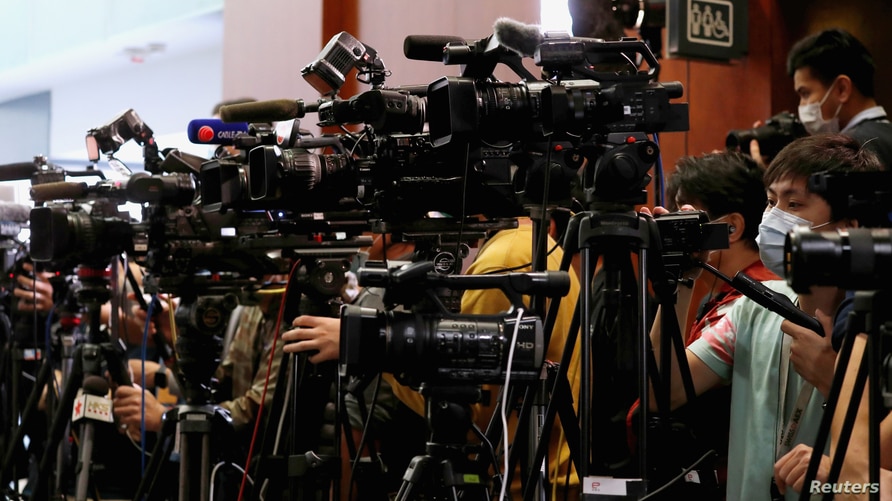Is it partnering or media executing its mandate?
By Levi Obonyo, October 8, 2021Kenyan opinion shapers often talk of partnership with the media to achieve one or the other objective. It is never clear what “partnership” means, for the media cannot partner with anybody to achieve a sectarian agenda.
It is the role of the media to probe and muckrake. That is not a comfortable place to be in, if you are at the receiving end. The media would have lost its path the moment it “partnered” with anybody.
But the idea of “partnering with the media” is a constant conversation that those on the side of policy formulation and implementation have held over the years.
Tom Mboya- famed to be one of the finest and brightest politicians Kenya has ever had, outlined in The Challenge of Nationhood what he considered to be the role of media in development.
He was not alone, the Arusha Declaration on which much of the evolution of the political system in Tanzania was hinged, laid out the contribution that the media was going to make in the modernisation or development of Tanzania.
That perception has never changed except that were the media to cede to this notion of partnership, then the media would have lost its course. But to allow for a moment the extensive coverage the media has given Ministry of Health’s (MoH) campaigns on Covid-19, then for sure, the media has greatly “partnered” with MoH.
Indeed, the media tenaciously reported what MoH was doing in relation to Covid-9. It has done this faithfully, reporting the outbreak of the disease, the stories of the first victims, the actions of the government in countering its spread, the daily briefings by the MoH officials, the arrival of the health kits donated by the world’s wealthy nations and individuals, the vaccination process and so on.
In the middle of this dogged reporting, however, misconceptions have arisen; much of which is hindering messaging around the vaccination activity.
There are many sceptics out there, some wondering whether the vaccine is safe, whether the vaccine has side effects and what those side effects are.
Some of the fake stories doing the rounds in the community are as bizarre as they are confounding. For example, there are some who believe that those who have been vaccinated will die within two years of vaccination – and so they are waiting for the vaccinated to drop dead in two years, that vaccines alter women’s menstrual cycle, that it affects fertility, that the vaccine affects libido in some way; indeed, the list of misinformation, disinformation and mal-information is long.
What is the role of the media in this, or to put it in the Kenyan media space language- how can the media partner with MoH officials to address these myths, which if not addressed will greatly impact the uptake of the vaccine and by extension expose more people and hinder the work of dealing with Covid 19?
The media has the education and information role by which the right information should reach the public.
Many in the Kenyan population, listen to vernacular radio stations but are also feverish social media consumers who forward the most bizarre of claims.
In fact, the crazier a claim, the higher the chances that it will be retweeted and forwarded many times over.
It is against this backdrop that for the sake of the health of the nation the media have a role to provide the right information. This is not necessarily partnering with the MoH, but simply the media carrying out its duty of providing the right information to the public.
The MoH has the right professionals with the correct information. It is these sources of information, that the MoH should put at the disposal of journalists, so that the media provides the right information, to educate the public and dispel these myths in order to increase the uptake of vaccines.
It may be perceived as partnering, but the media will simply be executing its responsibilities.
—The writer is dean, School of Communication, Daystar University
More Articles

